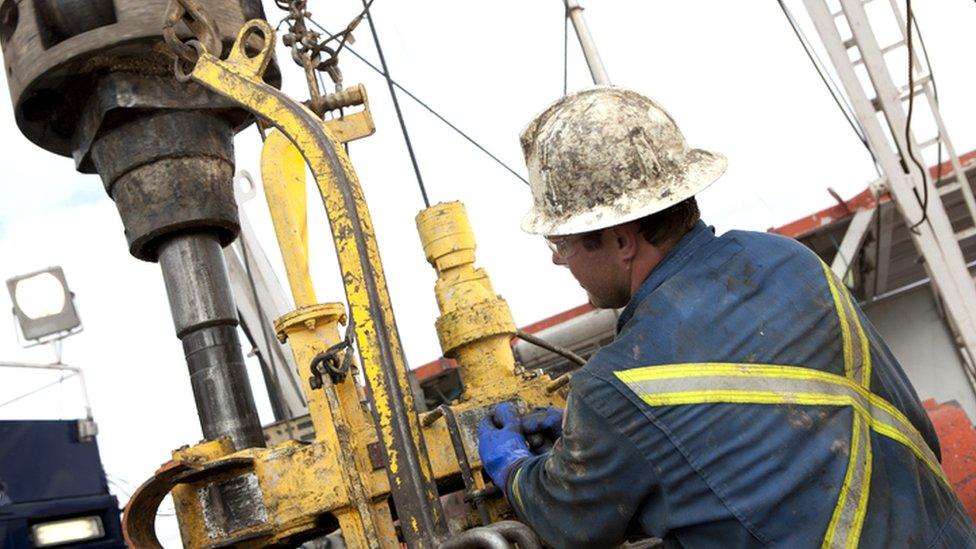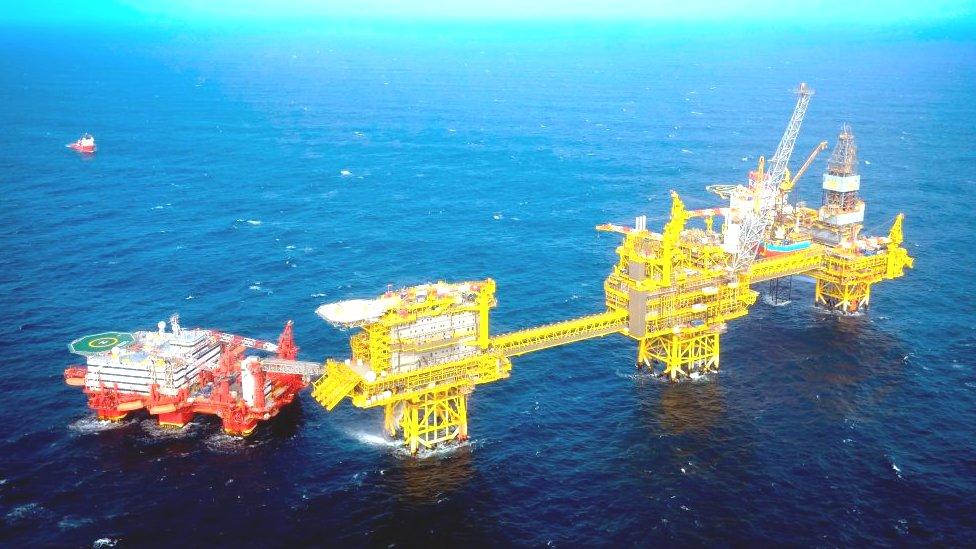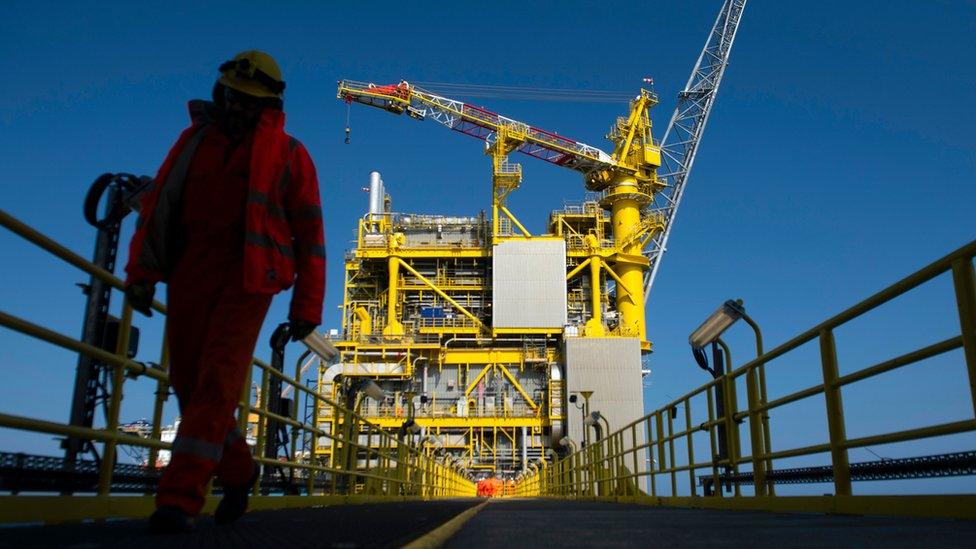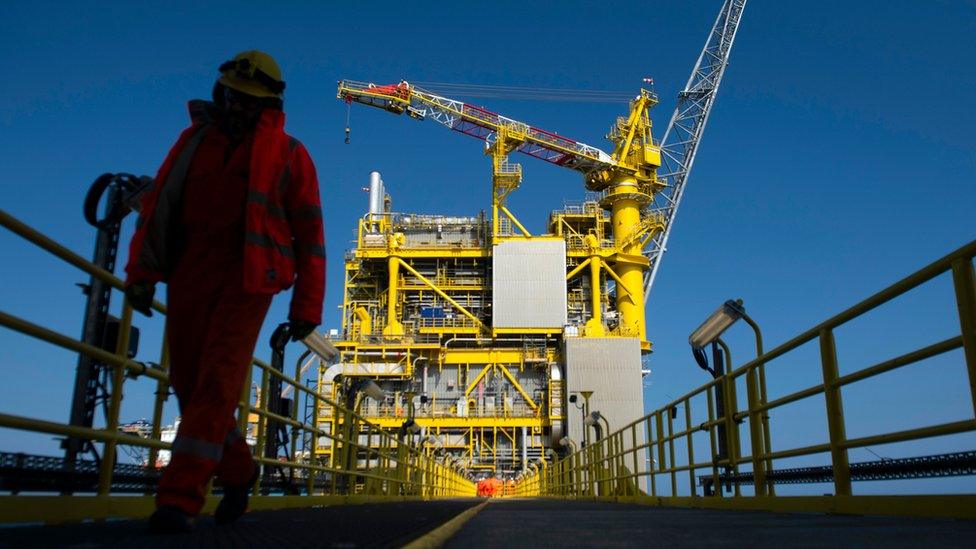Cambo oil field off Shetland granted two-year licence extension
- Published

The high-profile planned Cambo oil field off Shetland has been granted a licence extension.
In December, Shell said the economic case - along with possible regulatory delays - meant it was withdrawing from the project, 75 west miles of Shetland.
However the energy giant is understood to be reconsidering that decision.
Shell and Siccar Point Energy have now been granted a two-year extension from the North Sea Transition Authority.
It gives them exclusive rights to explore that part of the sea bed.
The licence was due to end on Thursday, and the extension was not unexpected, but Friends of the Earth Scotland criticised the news.
Shell said in a statement: "At this time there is no change to our position of December, but the extension will allow time to evaluate all potential future options for the project."
Siccar said it "continues to work with its co-venturer Shell and the UK government to map out the next steps on Cambo".


It's not unusual for a request to be granted for a licence extension and gives no real clue over whether the Cambo field will actually be developed.
What it does indicate is that the licence holder has hit a rocky road which has affect its original timescales and that's certainly true with this project.
The licences have defined time frames and milestones included to stop firms hogging them simply to prevent competitors from developing the field.
But the fact Siccar Point and Shell have not let this one lapse means the prospects for Cambo are no longer dead in the water.
After Shell pulled the plug last year, this adds fuel to the suggestion that the energy giant is reconsidering its options.

At the time of Shell's December decision the price of crude oil was less than $70 a barrel.
It has since touched double that price and has consistently been more than $100.
Oil prices are volatile because of fears that Russian oil will either be shunned or cut off, following its invasion of Ukraine.
The desire to reduce European dependence on Russian exports has also made the UK government willing to fast track investment in domestic fossil fuels.

Friends of the Earth Scotland's climate and energy campaigner Caroline Rance described the situation as a "doomed oil field on life support".
"Two more years won't make the project look any better in terms of its devastating climate impacts or the urgency of the transition away from fossil fuels," she said.
"The government must reject all new oil and gas projects and instead rapidly scale up renewable energy while supporting a just transition for those workers and communities currently reliant on the oil and gas industry."
- Published29 March 2022

- Published22 March 2022

- Published22 March 2022

- Published10 December 2021
